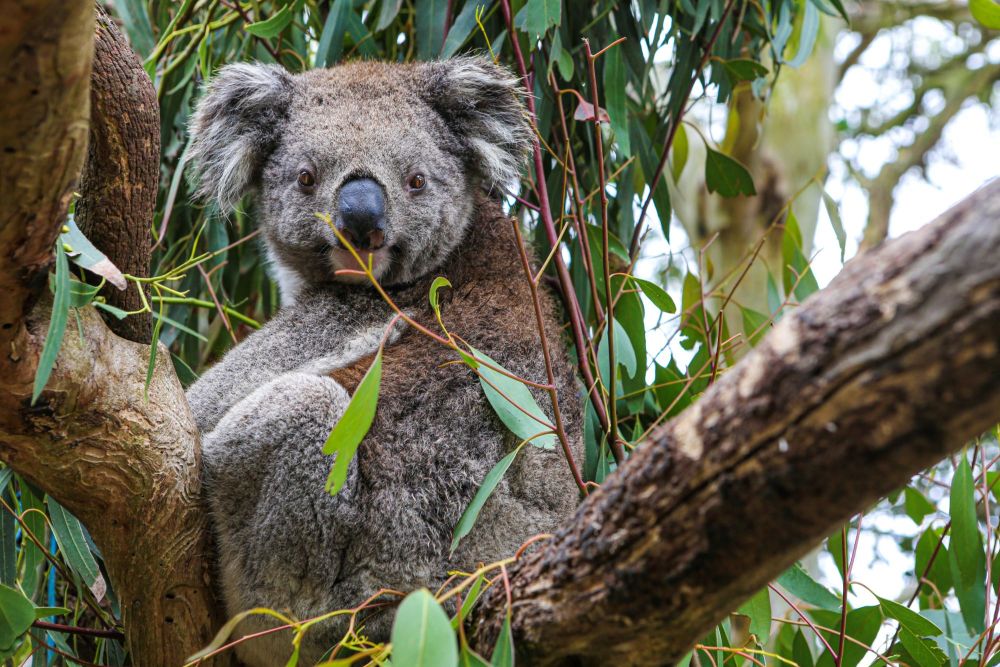34,051 acres saved in Ecuador!
Posted on
There’s good news from Ecuador, brought to us by the World Land Trust and their partner Naturalez y Cultura Ecuador (NCE for short).
The Santiago Municipal Reserve was officially declared early this month.
It’s is an important expansion of vital habitat for species, covering 34,051 acres, and it’s a link between two national parks. Essentially it’s expanded the Sangay-Podocarpus Connectivity Corridor which spans 1.4 million acres as well as parts of the Podocarpus-El Condor Biosphere Reserve. WLT and NCE work here, too.
However the protected land doesn’t stop there. North of the aforementioned connectivity corridor, there’s a 200 mile long area of reserves and national parks. They like along the eastern Andes, connected by the Llanganates-Sangay Biological Corridor which is managed by Fundacion Ecominga, another WLT partner. So the network of protected areas now covers about 4 million acres.
The most recent acquisition of 34,051 acres was partly funded by donations to the World Land Trust’s Action Fund. The idea behind the Action Fund is that the World Land Trust can respond rapidly to any need to purchase land.
This purchase is an excellent example of the Action Fund at work and how important it is to be able to move fast in conservation.
The forests and grasslands would have faced cattle ranching and timber chopping, but thanks to the efforts of supporters like you and me, they have been saved. Scientists have already recorded 344 plant species, 152 species of birds, 57 amphibian species, 47 mammal species and 11 reptile species. They all call the area home.
Their home was saved just in time!
